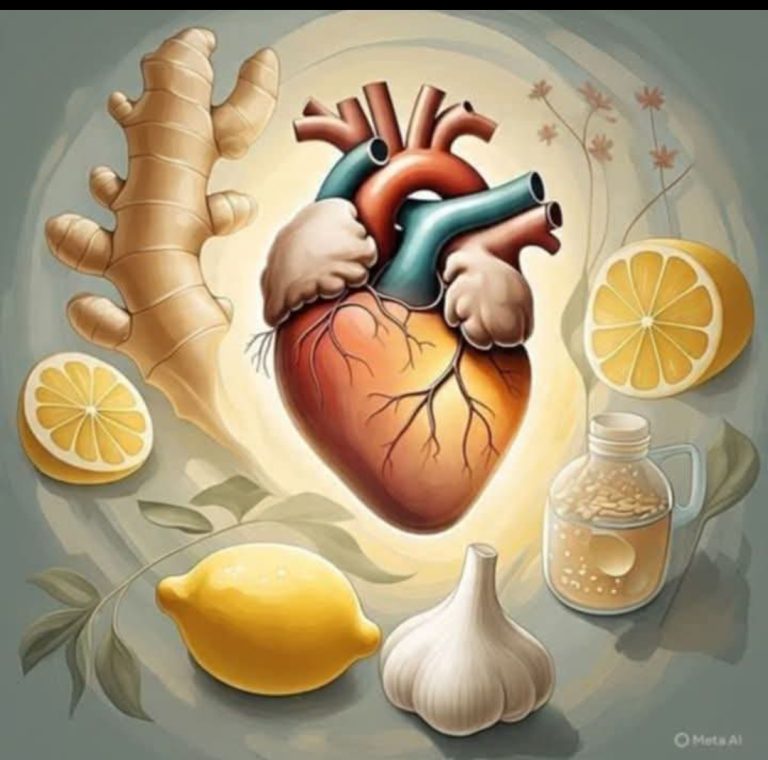
In today’s fast-paced world, we often overlook the most important factor that determines how we feel every day — nutrition. What we eat affects not just our body weight but also our mood, energy levels, immune system, brain function, and even sleep. The relationship between nutrition and health is powerful, and understanding this link can help you live a longer, healthier life.
In this article, we will explore how nutrition impacts your health on a daily basis and why eating the right foods is essential for your well-being.
1. Energy Levels and Physical Performance
Food is your body’s fuel. Nutrients like carbohydrates, proteins, and fats are broken down into energy that powers your muscles, brain, and every cell in your body. A poor diet that lacks these essential nutrients can leave you feeling tired, weak, and mentally foggy.
- Complex carbs (like whole grains and vegetables) provide long-lasting energy.
- Protein (from eggs, meat, or legumes) helps build and repair muscles.
- Healthy fats (like those from nuts and olive oil) fuel your brain and support cell health.
Skipping meals or consuming high-sugar junk food can cause energy crashes that make you feel drained.
2. Mood and Mental Health
What you eat plays a huge role in how you feel mentally and emotionally. Scientific research shows that a balanced diet rich in vitamins, minerals, and omega-3 fatty acids can reduce the risk of depression and anxiety.
- Vitamin B12 and folate support brain function and improve mood.
- Omega-3 fatty acids (found in fish) are linked to lower rates of depression.
- Magnesium helps relax muscles and calm the nervous system.
On the other hand, processed foods high in sugar and trans fats can lead to mood swings and increase stress.
3. Immune System Support
Your immune system needs proper nutrition to protect you from illness. A diet high in antioxidants, vitamins, and minerals helps your body fight off infections and recover faster.
- Vitamin C (from citrus fruits) boosts white blood cell production.
- Zinc helps wounds heal and supports immune response.
- Probiotics (from yogurt and fermented foods) keep your gut healthy — and a healthy gut means a stronger immune system.
Poor nutrition weakens your body’s ability to fight disease, making you more vulnerable to common illnesses.

4. Digestive Health and Detoxification
A healthy diet keeps your digestive system running smoothly. Foods rich in fiber, like fruits, vegetables, and whole grains, help prevent constipation and support good bacteria in your gut.
Your liver and kidneys also need nutrients to function well and remove toxins from your body. Drinking enough water, along with consuming detox-friendly foods like leafy greens and citrus fruits, keeps these organs healthy.
5. Long-Term Disease Prevention
Eating well daily is one of the most effective ways to prevent chronic diseases such as:
- Heart disease
- Type 2 diabetes
- Obesity
- High blood pressure
- Certain types of cancer
Nutrients like fiber, antioxidants, and unsaturated fats help reduce inflammation, regulate blood sugar levels, and protect against cell damage.
6. Skin, Hair, and Bone Health
What you eat also shows on the outside. Good nutrition supports glowing skin, strong nails, healthy hair, and strong bones.
- Vitamin A and E promote clear skin.
- Calcium and Vitamin D are crucial for bone strength.
- Protein helps build keratin, the main component of hair and nails.
If your diet lacks these, signs will appear in your physical appearance — dull skin, brittle nails, and hair loss.
Final Thoughts
The food you choose each day is more than just calories — it’s information for your body. Your daily nutrition has a direct impact on your energy, mood, immunity, and long-term health. When you make mindful choices, your body rewards you with vitality and resilience.
Start small — swap soda for water, replace fried snacks with fruits, or add a salad to one meal a day. Over time, these simple habits will transform your health.






